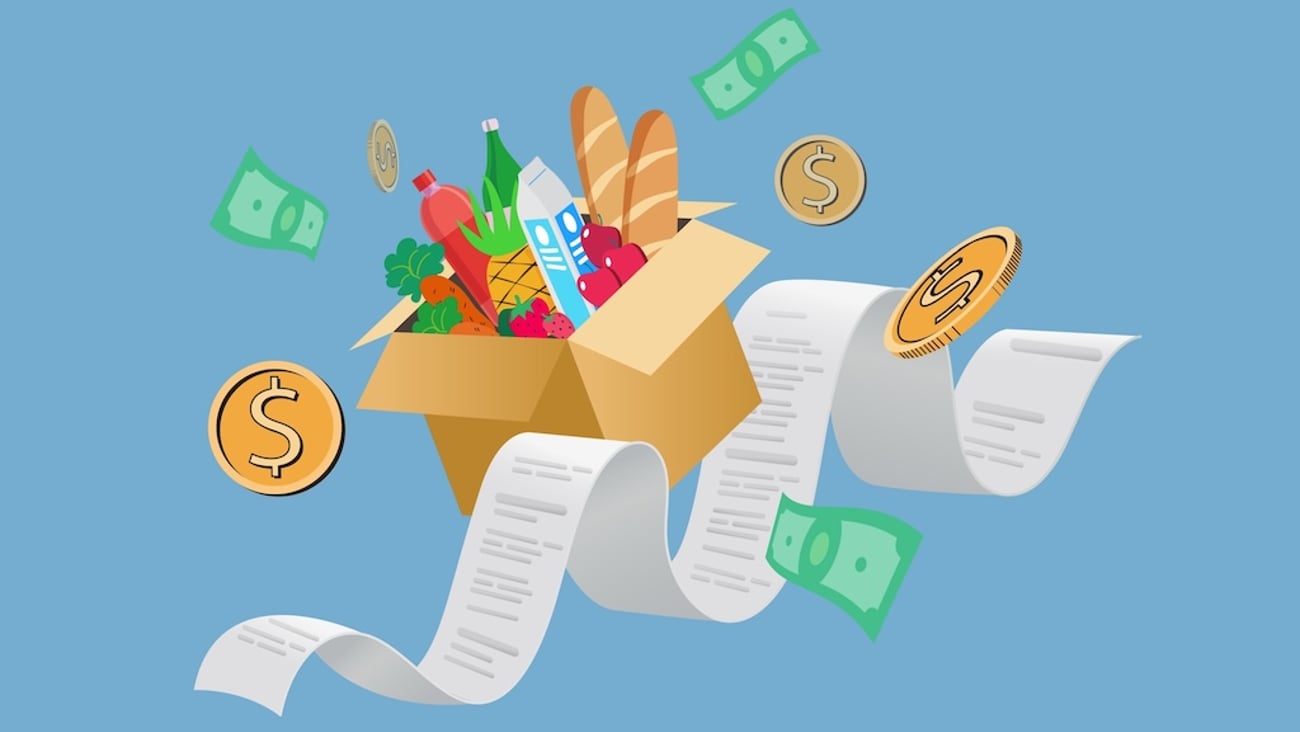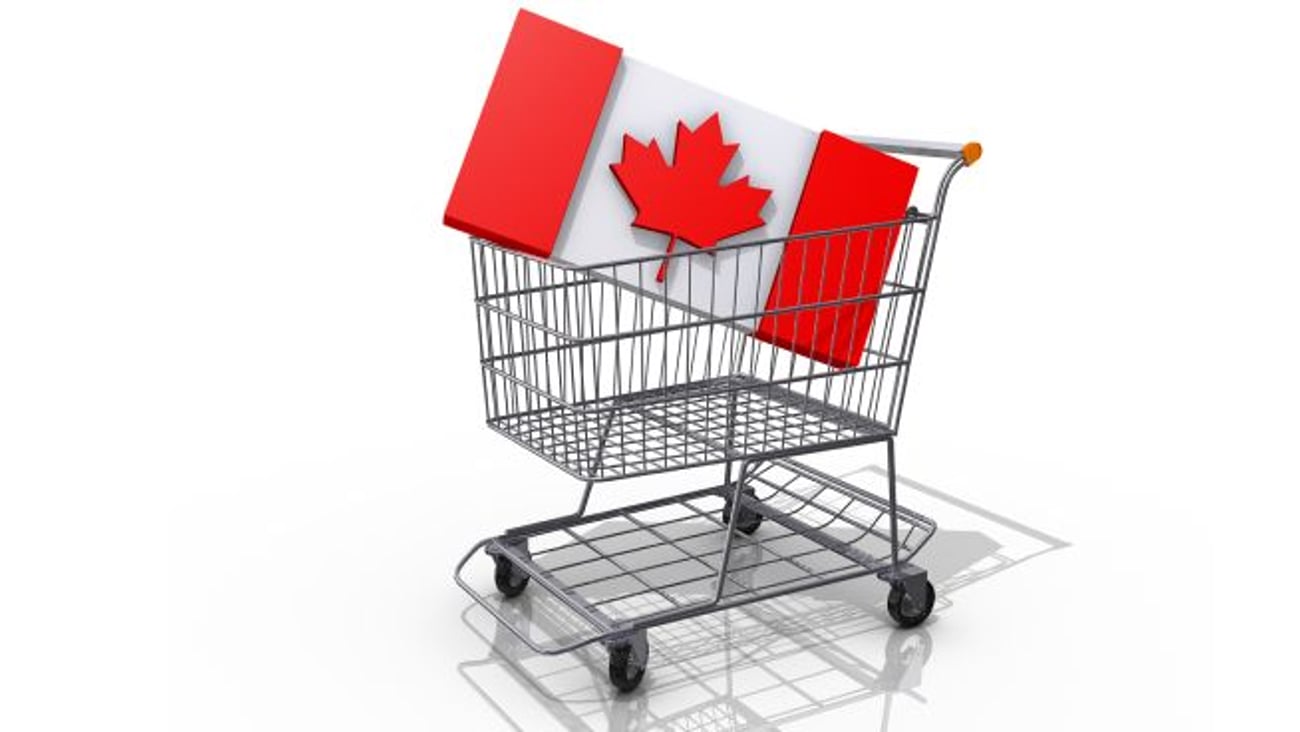Ottawa’s tariffs on Russian fertilizers cost Canadian farmers millions
Ottawa recently announced that tariff revenues received from Canadian farmers who bought Russian/Belarusian fertilizers this year are being sent to Ukraine to rebuild infrastructure. Canada was the only G7 country to put tariffs on Russian and/or Belarusian fertilizer after Russia invaded Ukraine, back in March. Of the $115 million sent to Ukraine, $34 million were collected from our own farmers who had bought Russian fertilizer, according to Statistics Canada. In haste, Ottawa just announced on the weekend it would compensate farmers, but nothing is official yet.
Tariffs were applied on fertilizers associated with the Russian regime as part of a series of retaliatory sanctions against the Putin government. We should all be pleased for Ukraine to receive this sum from Ottawa. They dearly need it. But the news that $34 million of that money came from our farmers is not necessarily being well received in the farming community.
Back in March, sanctions came so quickly that farmers couldn’t pivot and buy fertilizers from another source. They were essentially forced to pay tariffs. It’s important to note that nitrogen, phosphorus and potassium are the “Big 3” primary nutrients in commercial fertilizers, and farmers will often source all three differently. Most of the nitrogen fertilizer in Canada is imported, and Russia has historically been the cheapest supplier for our farmers. Phosphate usually comes from the United States or Morocco. Potassium, derived from potash, comes from Western Canada. Given the tariffs, nitrogen will likely be purchased from other sources next year.
Some groups like the Ontario Grain Farmers are now asking Ottawa to remove tariffs on fertilizer imports. That may not be advisable, since many farmers have already started to plan and work around tariffs and avoid Russia all together.
So perhaps for next year, tariffs on Russian products will work, or will they? Sanctions should be punitive. But for tariffs on fertilizers, there was no evidence that Russian companies were impacted at all. In fact, Russia’s agriculture has barely been impacted by the conflict or subsequent sanctions. Case in point: Russian agriculture experienced one of its best years overall. Another case in point: Russia is bound to be the largest wheat exporter in the world for 2022 and 2023. It begs the question if all the sanctions implemented by Western countries have worked.
For decades, economists have looked at the effectiveness of economic sanctions. Over the years, the theory and research on the effectiveness of economic sanctions has been a mere exercise in running regressions on a series of random numbers and do not shed any light to guide policy making. Most important, what has come out of years of research on sanction effectiveness is that success can only happen when expectations are modest at best. Sanctions are mainly about perceptions, and yes, politics. When Ottawa implemented sanctions, it made Canadians feel good about helping Ukraine, but without having to go to war. That’s what sanctions are for – nothing more, nothing less.
Russia is economically stable, whether we want to believe this or not. The food inflation rate in Russia did reach 20% in April of this year, for one month. Since then, the inflation and food inflation rates have come down dramatically, to almost match those of the United States. While Russia’s food inflation rate was at 11.1% in November, the United States was at 10.6%. France, the Netherlands, the United Kingdom and Germany all had higher food inflation rates. All these countries implemented sanctions against Russia. How ironic.
Ottawa did the right thing in implementing sanctions against Russia, but some measures were either half measures or incredibly short-sighted. With tariffs on fertilizers, Ottawa robbed Peter to pay Paul. Peter was Canadian farmers while Paul was Ukraine, and still no damage was done to Russia. Sanctions are powerful messages but forcing farmers to pay more for inputs will not only jeopardize the financial viability of smaller farms in Canada, but could also compromise our own food security.
This is what happens when a federal government is driven by urban politics and is tone deaf to the issues affecting agriculture. Despite its obsession to make Canadians feel good about themselves, Ottawa should never do this on the backs of our own farmers.





